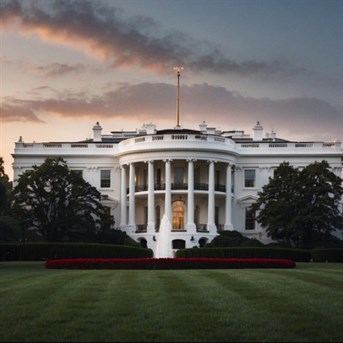Signals additional changes in the future for all private employers
 |
On January 21st, Donald Trump issued an Executive Order eliminating certain workplace anti-discrimination requirements for federal contractors. The order overturns several initiatives from previous administrations that aimed to promote diversity and ensure compliance with federal anti-discrimination laws.
The order directs the Office of Federal Contract Compliance Programs (OFCCP) to stop promoting diversity and prohibits federal contractors from engaging in affirmative action programs. One of the most significant changes is the elimination of the requirement for federal contractors—those with 50 or more employees or contracts meeting certain thresholds—to implement Affirmative Action Plans and assess their pay practices for disparities related to sex, race, sexual orientation, and gender identity. Furthermore, the order discourages private employers from implementing diversity initiatives that conflict with the administration's interpretation of federal anti-discrimination laws if they wish to remain eligible for federal contracts. The order directs federal agencies to eliminate diversity-related mandates from programs, grants, and contracts that the administration deems inconsistent with federal civil-rights laws, potentially leading to the rollback of many existing initiatives.
While the order primarily targets federal contractors, it also instructs federal agencies to explore measures that could significantly influence private employers' diversity initiatives, potentially restricting or discouraging such programs to ensure compliance with the administration's interpretation of federal civil-rights laws.
The OFCCP clarified that the Executive Order does not affect the affirmative action requirements under the Vietnam Era Veterans Readjustment Assistance Act (VEVRA) or the Rehabilitation Act. These sections of Affirmative Action Plans, which address veterans and individuals with disabilities, remain in force, as the directive to cease enforcement applies only to the provisions concerning women and minorities.
Even though the executive order ends federal audits of Affirmative Action Plans (AAPs) for women and minorities, employers currently subject to reporting still need to comply with important requirements. The OFCCP will continue to audit AAPs for veterans and individuals with disabilities, and those employers must still report gender and race data to the EEOC.
Regularly reviewing hires, promotions, and terminations is still the best way to ensure fair employment practices and protect against discrimination claims. These practices are backed by long-standing legal guidelines and should be seen as a smart risk management strategy—even if affirmative action rules change.
The provisions of the Executive Order are set to take effect on April 21, 2025—90 days after its issuance. However, legal challenges to parts or all of the order are anticipated.
What Should Employers Be Doing Now?
The Executive Order sets broad directives but does not provide immediate, detailed compliance guidance. In the absence of such direction, HR One advises employers subject to current requirements to continue complying with existing contract obligations, as legal challenges may alter the order’s implementation.
Additionally, the Executive Order does not change an employer’s existing obligations to comply with federal, state, and local anti-discrimination laws, which continue to prohibit discrimination based on race, color, national origin, religion, sex, sexual orientation, gender identity, disability, and other protected characteristics.
Never miss an eNews - add @hrone.ccsend.com to your list of safe senders!